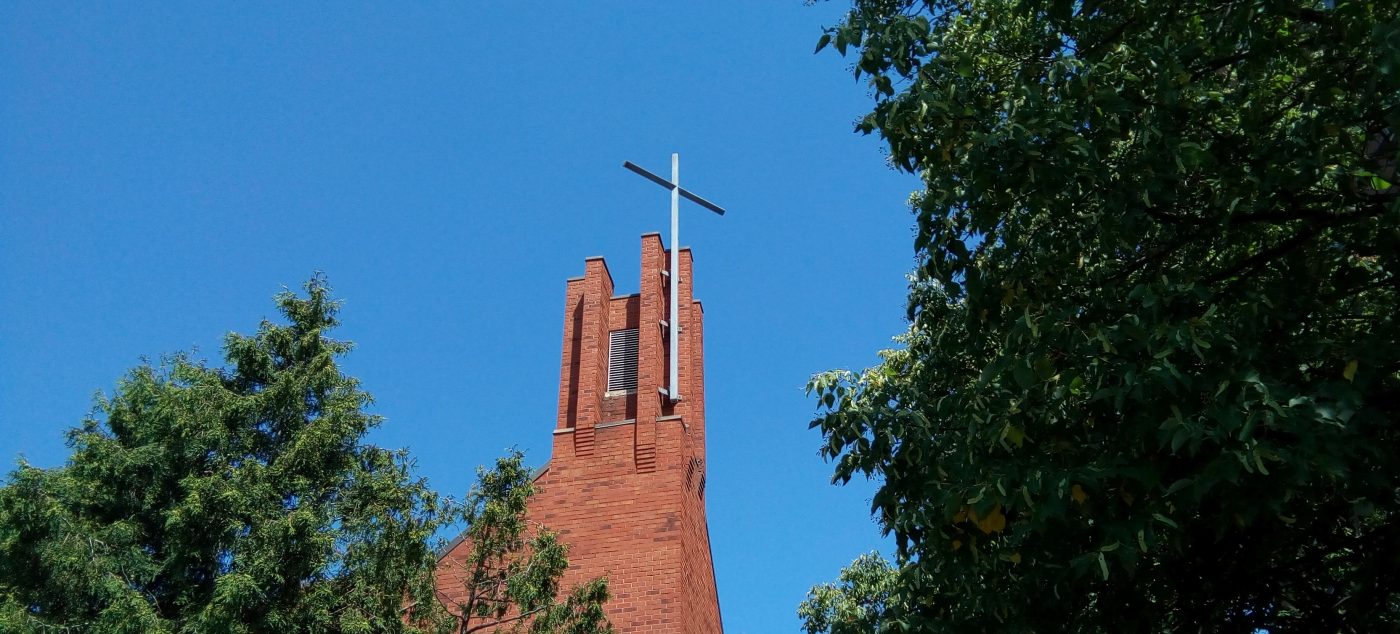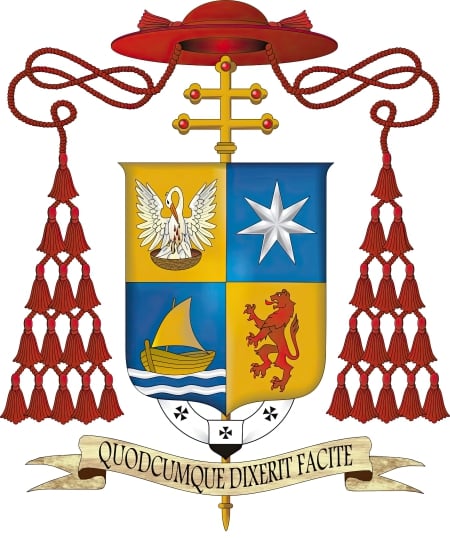
Cardinal Leo's Message for the Archdiocesan Day for Palliative Care

Message for the Archdiocesan Day for Palliative Care
26 October 2025
His Eminence Frank Cardinal Leo
Metropolitan Archbishop of Toronto
I am writing to you in anticipation of the upcoming Archdiocesan Day for Palliative Care which was introduced last March and to be observed on the last Sunday of October throughout the Archdiocese of Toronto. This new observance is born out of a deep pastoral concern for those who suffer and for those approaching the end of life. It is my hope that this day will inspire every parish community to pray, reflect, and act with renewed compassion toward those in need of comfort, dignity, and accompaniment in their final journey. It is imperative that we raise awareness and encourage prayerful dialogue among the faithful and the larger community about what to do when someone we love is suffering, especially in a life-threatening manner. With its proximity to the month of November when we remember those who have gone before us, the Archdiocesan Day for Palliative Care connects the suffering of this world and in our bodies and souls, with the hope that we have in the world to come.
Our Christian faith teaches that every human life is a precious gift from God, to be cherished and protected from conception until natural death. In a culture that increasingly views suffering as something to be eliminated rather than embraced with love, the Church must give witness to the truth that life retains its dignity even amid illness, pain, and decline. Palliative care is a profound expression of this belief that seeks not to hasten death, but to relieve suffering through medical, emotional, and spiritual support. Currently, only a third of Canadians have access to quality palliative care. We know that if those who are sick and dying are surrounded by loving care, in a community setting imbued with compassion, possess an understanding of what effective pain management looks like as well as the meaning of redemptive suffering, fewer would seek euthanasia and assisted suicide as a solution to their pain, guilt or loneliness.
To help foster this awareness, a brochure entitled Palliative Care and a Catholic Response to Euthanasia and Assisted Suicide has been created and distributed to all parishes. This brochure explains the beauty and importance of authentic palliative care, the moral reasons for rejecting euthanasia and assisted suicide, and the compassionate presence the Church offers to those at the end of life. It also includes practical resources such as HopeLine (416-619-5700), as well as guidance for families and parish ministers who accompany the sick and dying. I encourage you all to seek out this valuable resource and share it with others.
Ideally our Archdiocesan Day for Palliative Care will provide our parish communities with the opportunity to pause and reflect on and commit to compassionate care for the dying. We need to enter into conversations around the difficult question of “What do I do when someone I love is dying and suffering horrific pain?” While larger legislative and structural issues may seem daunting, we know that grass roots initiatives and kitchen table conversations are far more effective and attainable. Our first Archdiocesan Day for Palliative Care represents a concrete step in integrating the Church’s pastoral mission with the urgent medical, ethical, and spiritual challenges associated with end-of-life care.
Finally, just as those who are suffering need to know they are not alone, families and parishes need to recognise they are not alone. The larger archdiocesan family is here to help, I am committed to ensuring that help and support, care and comfort reach those who are most vulnerable. Part of our support is the ongoing "Horizons of Hope" program which encourages all the faithful to deepen their understanding of end-of-life issues and to accompany others with faith and tenderness. When it comes to euthanasia and assisted suicide, there are a lot of myths surrounding what we believe and encourage. I want everyone to know the truth, to be “Good Samaritans” who stand beside their brothers and sisters in their most vulnerable moments and effect to them the compassion of the Lord and his gift of life, both earthly and heavenly.
May the Lord bless all who are facing end-of-life decisions and those who accompany them and may Our Lady wrap you all in her mantle of love and care.
